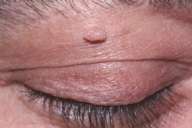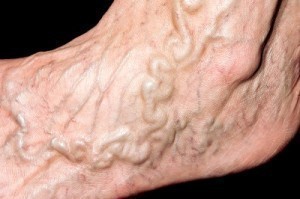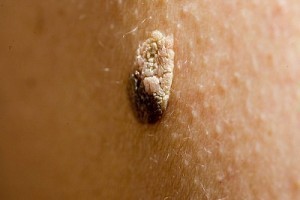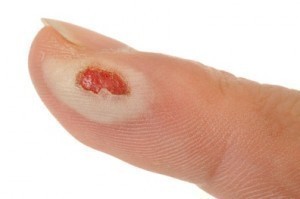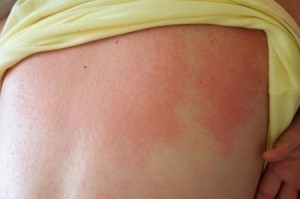What Causes a Boil?
A boil is a skin infection that starts in a hair follicle (sac from which hair grows) or oil gland. The infected area becomes red, tender and appears as a hard lump. After several days the lump will become softer, bigger and more painful, as white as white blood cells, liquefied tissue and cellular debris accumulate under the skin forming a thick whitish-yellow fluid known as pus. An infection that invades the deeper skin tissues may have a collection of pus sites known as abscess. Boils commonly appear on the eyelid (called a sty) face, neck, armpits, shoulders and buttocks. A collection of boils in an area is referred to as a carbuncle.
Causes of Boils
Staphylococcus Aureus
Staphylococcus aureus (staph) is a dominant cause of boils. It is a bacterium that usually resides on the skin and mucous membranes (such as nostrils) of humans and other organisms. However, staph may enter the body through punctured or broken skin or hair follicle. Staph bacteria can cause toxic shock syndrome, cellulitis, folliculitis and boils. Folliculitis is an infection of hair follicles where tiny white-headed pimples (with reddened surrounding areas) appear at the base of hair shafts, often from friction or irritation. Folliculitis will clear up without any form of treatment, most times good hygiene is what is necessary however, the condition may often progress to become a boil.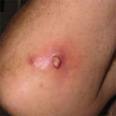
Diabetes
Diabetics that have type 2 diabetes are more susceptible to the development of boils and skin infections because of the high amounts of insulin produced by the body and not used. Diabetics may also experience hormonal imbalance with excess secretion of some androgen related hormones which may cause cystic boils. Diabetes also weakens the immune system, which cause the individual to be more prone to infections and boils. Diabetics have colonies of bacteria influencing the growth of boils in their nasal chamber and will suffer recurrent episodes.
Weak Immune System and Improper Hygiene
A normal immune system is able to effectively fight against germs, infections and cancer. If the immune system becomes weakened by immunodeficiency disorders the body becomes vulnerable to foreign invaders including bacteria which will multiply without resistance by the body.
Improper hygiene may lead to boils if the sebaceous glands found in the regions of the armpits and clefts of buttock are often and properly washed.
Poor Nutrition
Poor nutrition is a common cause of boils. When the body lacks the relevant nutrients needed for sustenance or is flooded with foods such as fats and cholesterol, the immune system becomes compromised leaving the body vulnerable to infection and bacteria.
Other Causes
- Boils are contagious, if the pus drains it can contaminate nearby skin causing the formation of new boils.
- Exposure to harsh chemicals can irritate the skin as well as other skin infections which may cause itching and destroy the protective layers of the skin. These conditions will cause the growth of boils.
- Toxic substances in the body may lead to boils.

